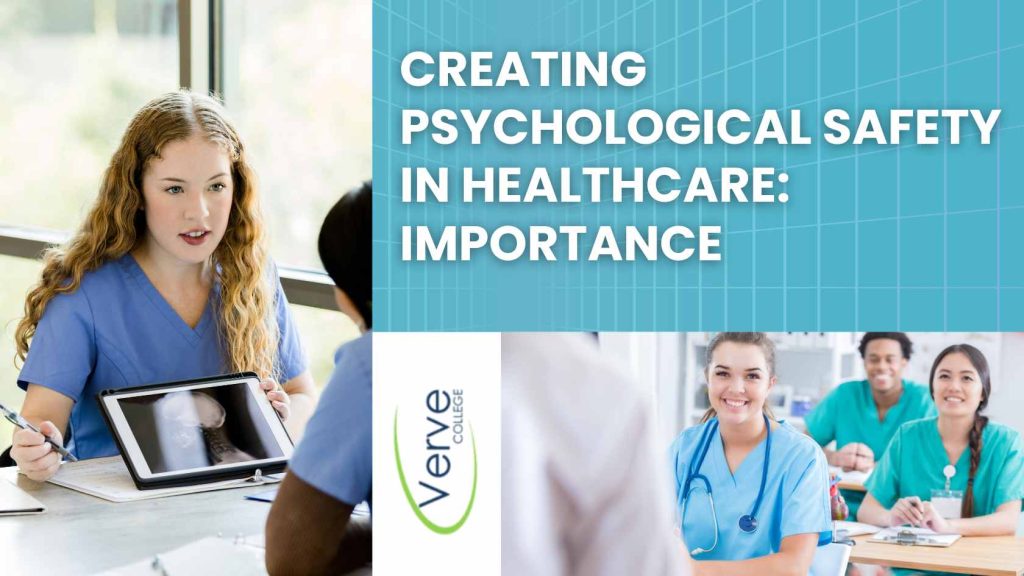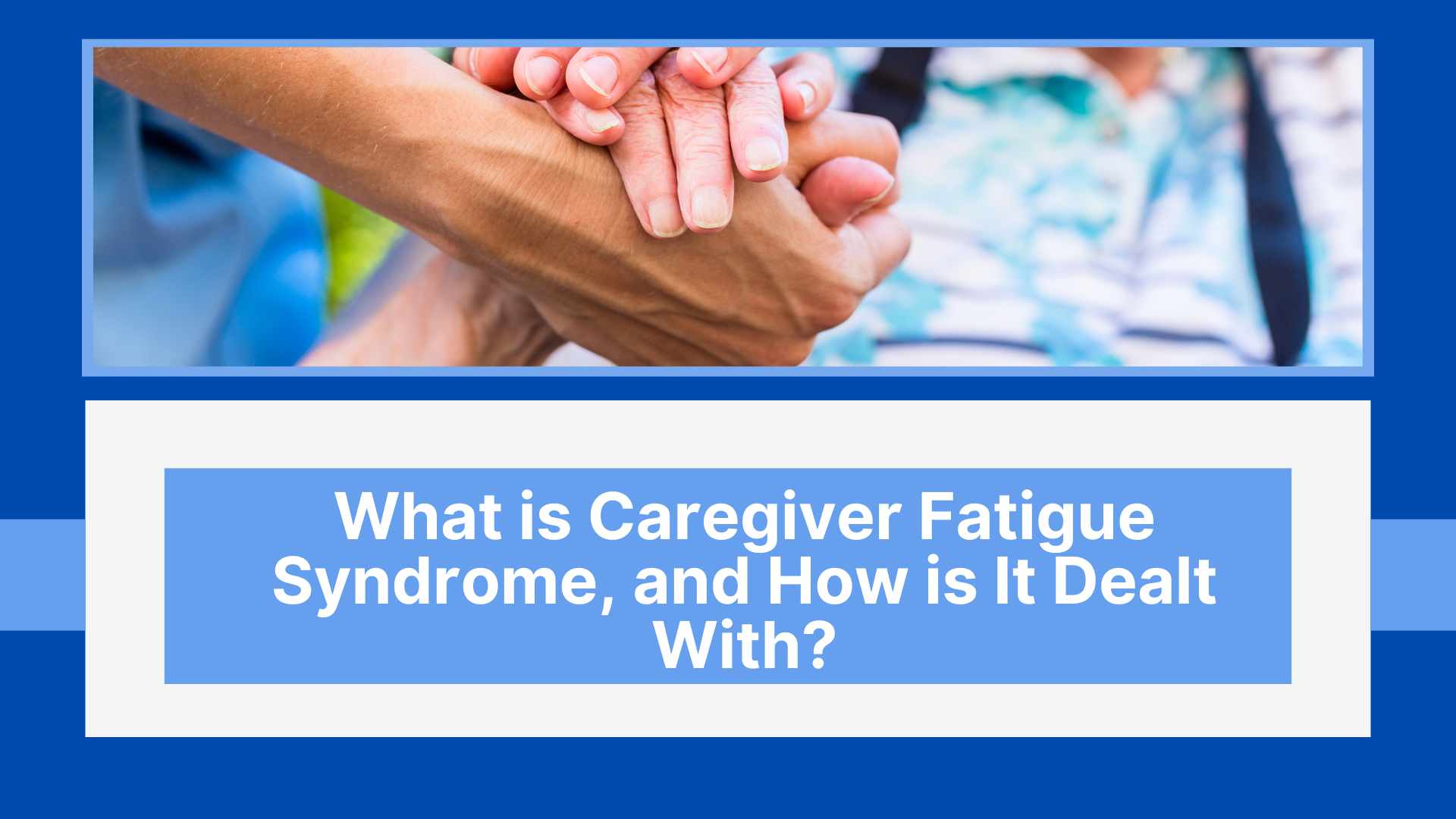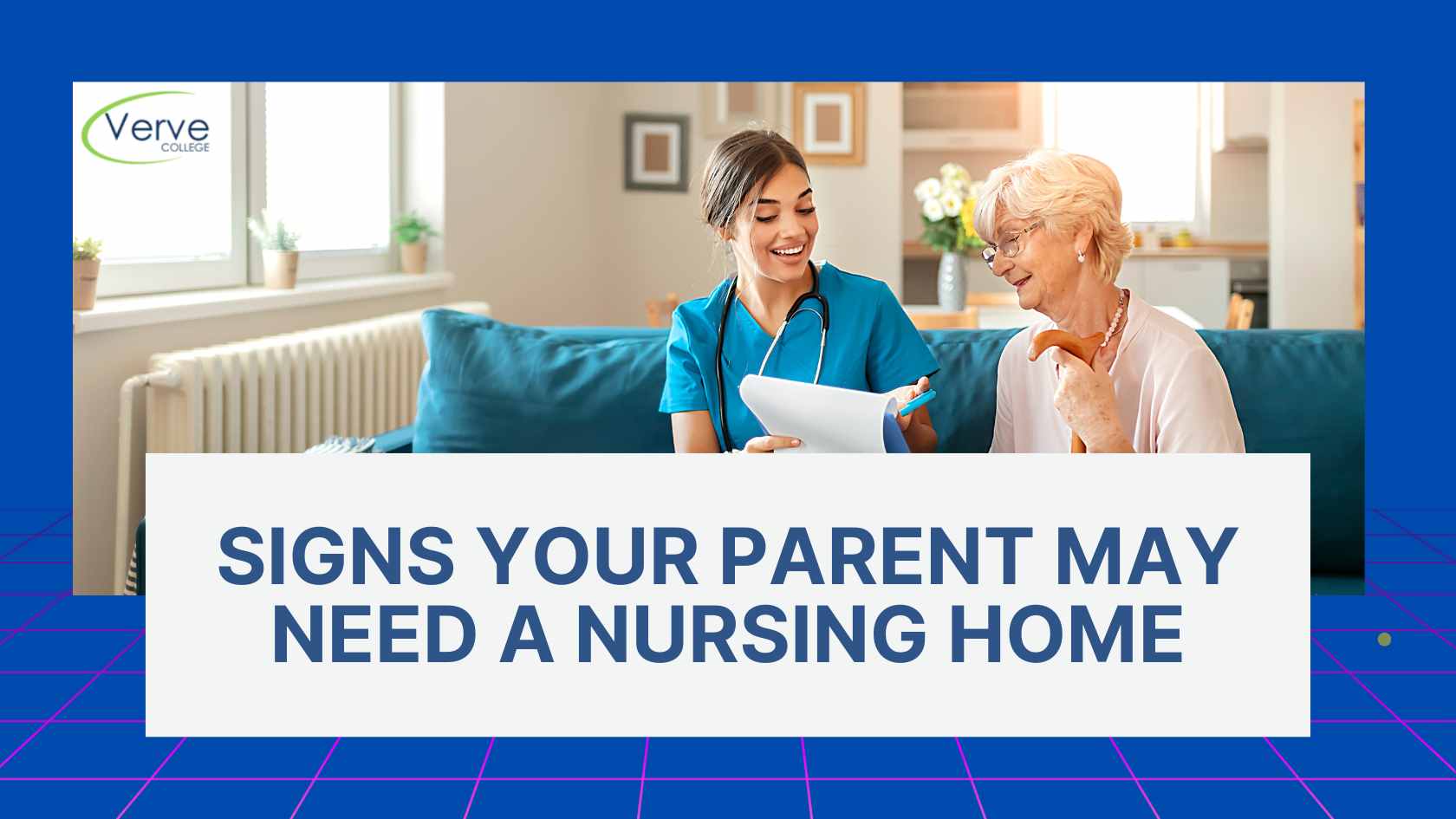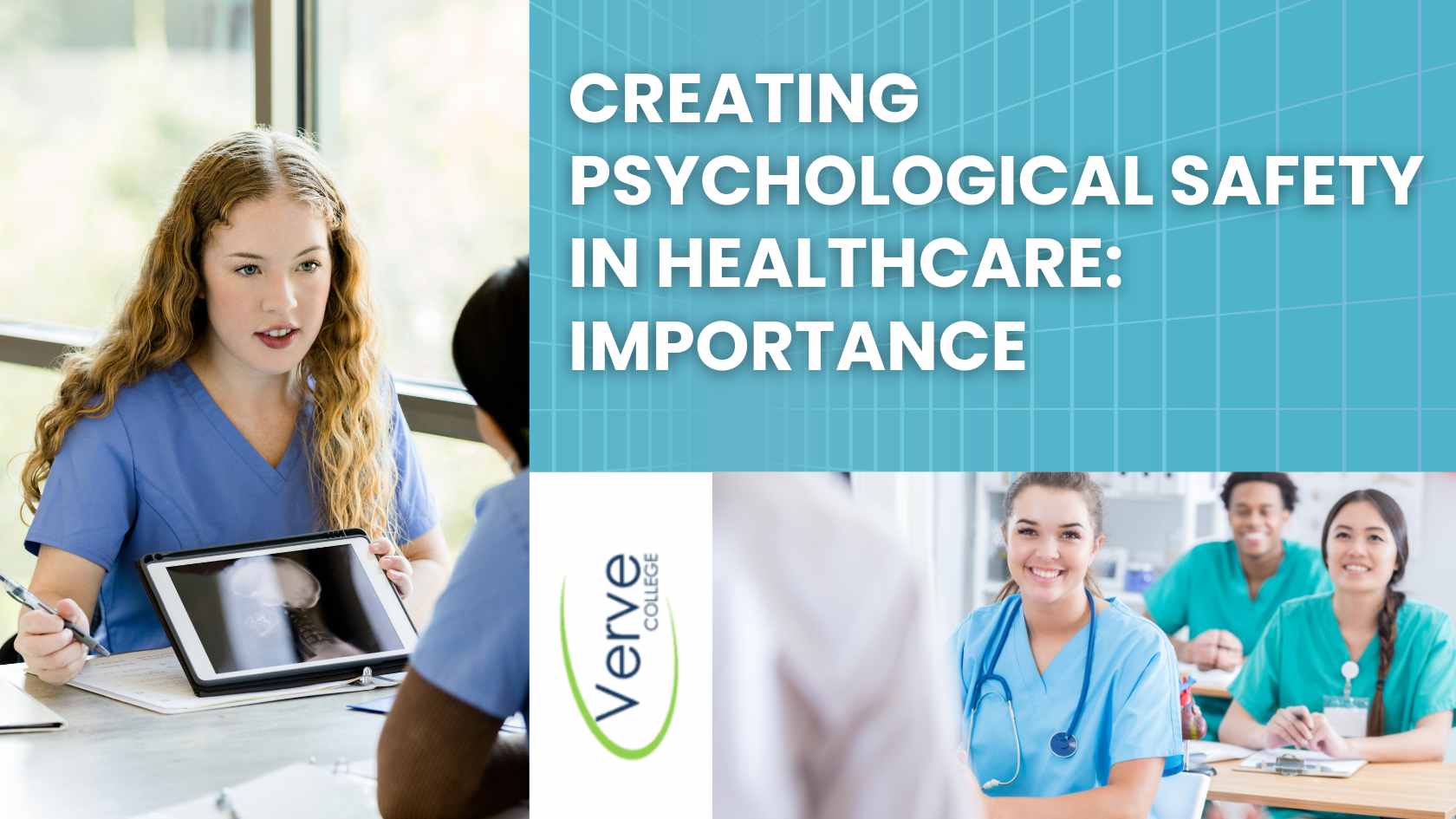- Oak Brook:(630) 705-9999
- Chicago:(312) 920-8822
- Email:inquiry@vervecollege.edu
- Make a Payment
- Home
- Programs
- Admission
- Resources
- ATI Entrance Exam Resources
- New E-Digital Library
- Refer a Friend
- School Newsletter
- Events
- Employers
- Job-Network
- Alpha Beta Kappa Candidates
- Verve College Library
- Graduation and Pinning Ceremony Photo Galleries
- Textbook Information
- Career Services
- Tutoring
- School Catalog
- FAQ
- Constitution Day Program
- Alumni
- Verve College Plans
- Financial Aid
- HEERF Reporting
- Satisfactory Academic Progress
- Apply For Financial Aid
- Net Price Calculator
- Return of Title IV Funds (R2T4)
- Financial Aid Office Code of Conduct
- Contact
- FAQs
- Verification Policy
- Vaccination Policy
- Student Right-to-Know Act
- Misrepresentation
- Information Security Program
- Academic Award Year
- Availability of Employee
- Cost of Attendance
- Health & Safety Exemption Requirement
- Students Rights and Responsibilities
- Leave of Absence
- Pell Formula
- Military Students
- Grants/ Scholarship Policy
- Contact Us
- Login
- Testimonials
- Blog
Is a Nursing Career Right For You?
Take The Free Quiz
Creating Psychological Safety in Healthcare: Importance
Creating Psychological Safety in Healthcare: Importance
Psychological safety refers to the belief that one feels secure enough in one’s team effective work environment to take risks without fear of embarrassment, devaluation, or penalty for speaking up.
Psychological safety in healthcare environments is essential to effective teamwork and patient safety.
Psychological safety in healthcare teams can serve various roles within healthcare. For example, psychological security may help increase patient safety by encouraging healthcare professionals to discuss any mistakes or potential concerns more openly with each other. In order to enhance learning and raise the standard of treatment generally, this transparency is essential in private nursing schools and other clinical settings. Licensure exams help ensure competence and standardization in nursing practice. As a result, the NCLEX-PN exam results of students serve as a significant guideline in nursing careers for assessing the caliber of practical nursing programs. Additionally,
- Enhance communication and collaboration among healthcare providers.
- Reduce burnout and stress among health professionals.
- Enhance retention and satisfaction among healthcare personnel.
There are various methods for increasing patient safety within healthcare systems. Some examples may include:
- Create a climate where feedback is given honestly.
- Encourage team members to voice their thoughts and discuss concerns openly.
- Offer training on psychological safety in healthcare benefits and leadership responsibilities within an organization.
- Meet regularly with your team to address safety concerns.
- A safe environment provides team members with a platform to report errors or near misses and confidently do so, creating a productive working clinical environment in healthcare facilities.
By prioritizing mental safety initiatives, healthcare facilities can increase patient safety while improving communication and collaboration and decreasing worker anxiety and stress.
Here are a few specific examples of how healthcare organizations are employing this technology:
- An investigation of practical nursing staff working in intensive care units revealed that those experiencing an elevated mental safety team level were more likely to report near misses and errors and were more at ease expressing concerns regarding security matters.
- Studies of surgeons revealed that those who reported experiencing high levels of mental safety were more likely to collaborate and work effectively and be fulfilled in their jobs.
- Study results on clinical sites or hospital managers revealed that those experiencing an increased individual level of psychological safety were more likely to act riskily and be confident in their abilities as nurse managers of their companies.
Want to Make a Career in Nursing? Get More Information About Our Courses!
These qualitative studies highlight the significance of psychological security as an essential aspect of healthcare, along with patient safety, teamwork, innovation, communication, leadership, and the role of LPN schools near me (private schools). By increasing psychological safety in healthcare settings, providers can improve the quality of patient care at nursing homes provided to their patients and create an enjoyable working atmosphere for staff members.
 Sign up
Sign up Login
Login




